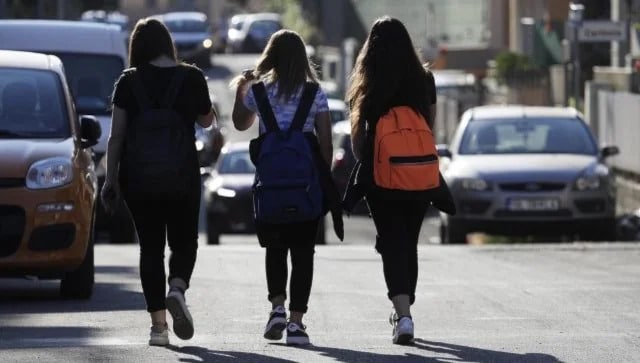(January 12, 2022)
Now is time for the key stakeholders – the government, corporates, and the civil society – to work in greater synergy than ever and devise targeted interventions

National Youth Day 2022 is a good time to acknowledge the contribution of the youth to nation building, especially at the critical juncture when the economy is trying to recover from COVID-19.
The past two years have been trying, to say the least, and it is at this time that the youth of the country have stood up to be counted. They have taken it upon themselves to help with efforts to ease the shock of the pandemic on the population. With the population’s average age 29, India is a young country. Our youth have helped bring about a startup boom in the country. They are the ones responsible for making India the third largest base of Unicorns in the world.
India must now focus on educating and skilling the youth so they can contribute even more to the country’s progress. Governments, both at the centre and the states, must introduce schemes for the young to enable access to education.
Some state governments like those in Odisha, Uttar Pradesh, Madhya Pradesh, Karnataka, and Haryana have gone the extra mile in implementing welfare schemes for the youth. Case in point: the Government of Madhya Pradesh has overseen the implementation of welfare schemes such as the MP Mukhyamantri Kaushalya Yojna, the Kanya Saksharta Protsaahan Yojana, the Ladli Laxmi Yojana, the Mukhyamantri Awas Sahayata Yojana, and the Vimukt Jati Hostel Yojana to improve access of youth to scholarships, food, and shelter, and skill development.
The state administration is organizing employment fairs in every district of Madhya Pradesh on 12 January. which will benefit three lakh people.
But there are limitations to the efforts that governments alone can make, and they must be supported by the civil society in skilling the youth for employment. I would like to take the example of one such initiative – Smile Twin e-learning Program (STeP) – run by Smile Foundation. The livelihood program trains urban underprivileged youth in the 18-32 years age bracket with market-oriented job skills such as English, basic computer use, personality development, retail management, soft skills, and makes them employable in the retail and service sectors of India. The program is operational in 18 cities of 16 states and 65,000 youth have benefitted from it so far.
Role of youth in pandemic mitigation
The role of youth in pandemic mitigation is peerless. They are the ones who have led every initiative from mass vaccination to infection prevention and ensuring access to critical help for millions of Indians. Today, several youth are leading the implementation of the One Health concept across the country. Through this initiative, the Union Government’s Department of Animal Husbandry & Dairying is establishing the One Health approach to leverage human capital and physical capital to prevent future pandemics.
The One Health concept recognizes that animal health, human health and the environment are inter-connected and inter-dependent. And youth are playing a key role in implementing One Health across thousands of farms across India.
What we can do
What we can do for the youth is to ensure access to quality education and healthcare, and to opportunities for learning and upskilling. The pandemic has exacerbated inequality and blocked access for millions of youth to these building blocks. Now is time for the key stakeholders – the government, corporates, and the civil society – to work in greater synergy than ever and devise targeted interventions. These interventions must be geared to bridge the gap in ensuring widespread access to learning and skill development, and opportunities for self-actualization for young people.
All the three key stakeholders have unique strengths that they bring to the table. The government brings with it scale. Corporates being with them financial muscle and planning prowess. And civil society organisations have rich experience of delivering outcomes on the ground by implementing strategy to the T. What these stakeholders must do is to work to eliminate the trust deficit. Together, these stakeholders can deliver population scale change furthering sustainable development.
And here too, youth will be the backbone, driving change for the better.
Dr Abodh Kumar, professor, Department of Economic Studies and Policy, Central University of South Bihar. He is President of India awardee for stellar work in academics and a recipient of Inspired Teacher award .